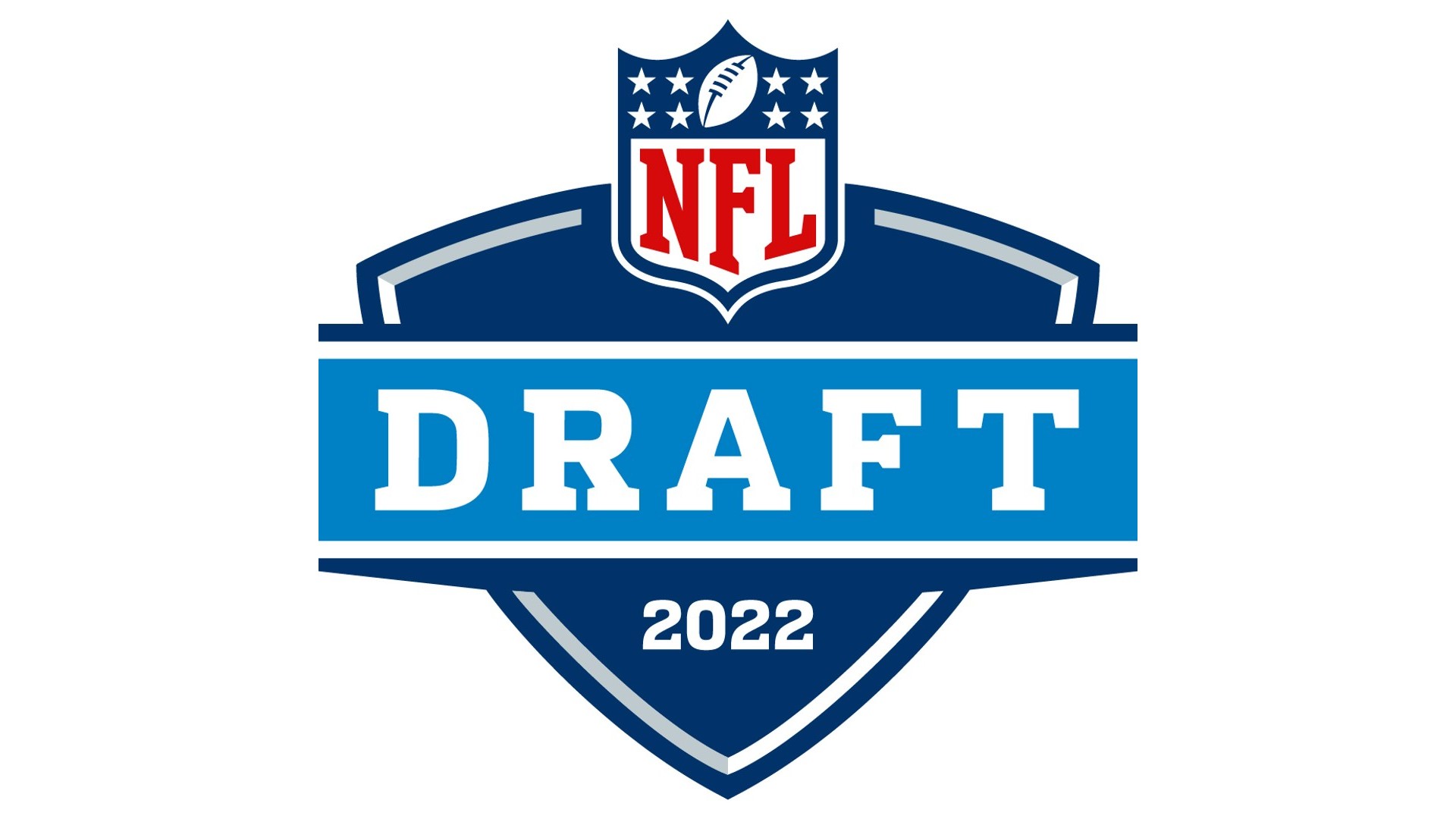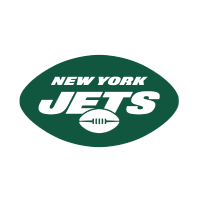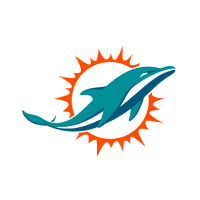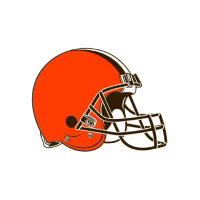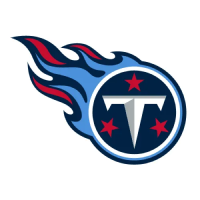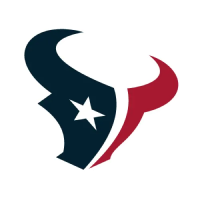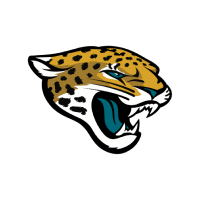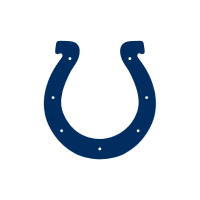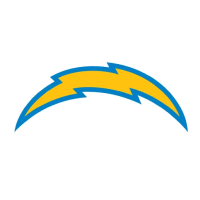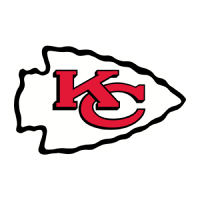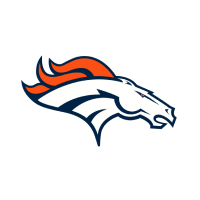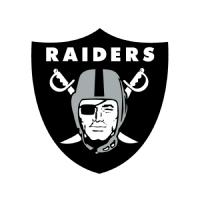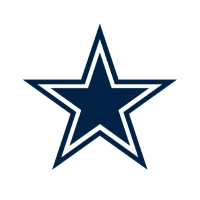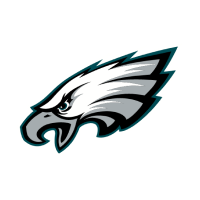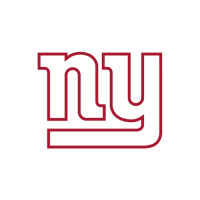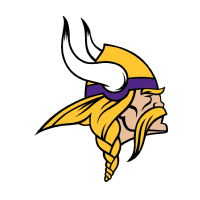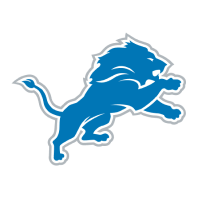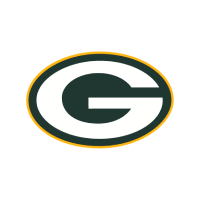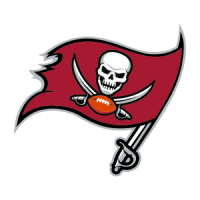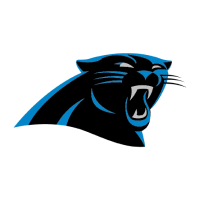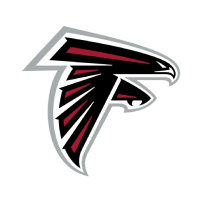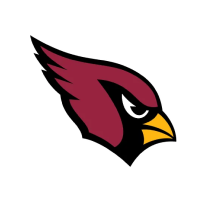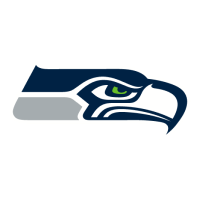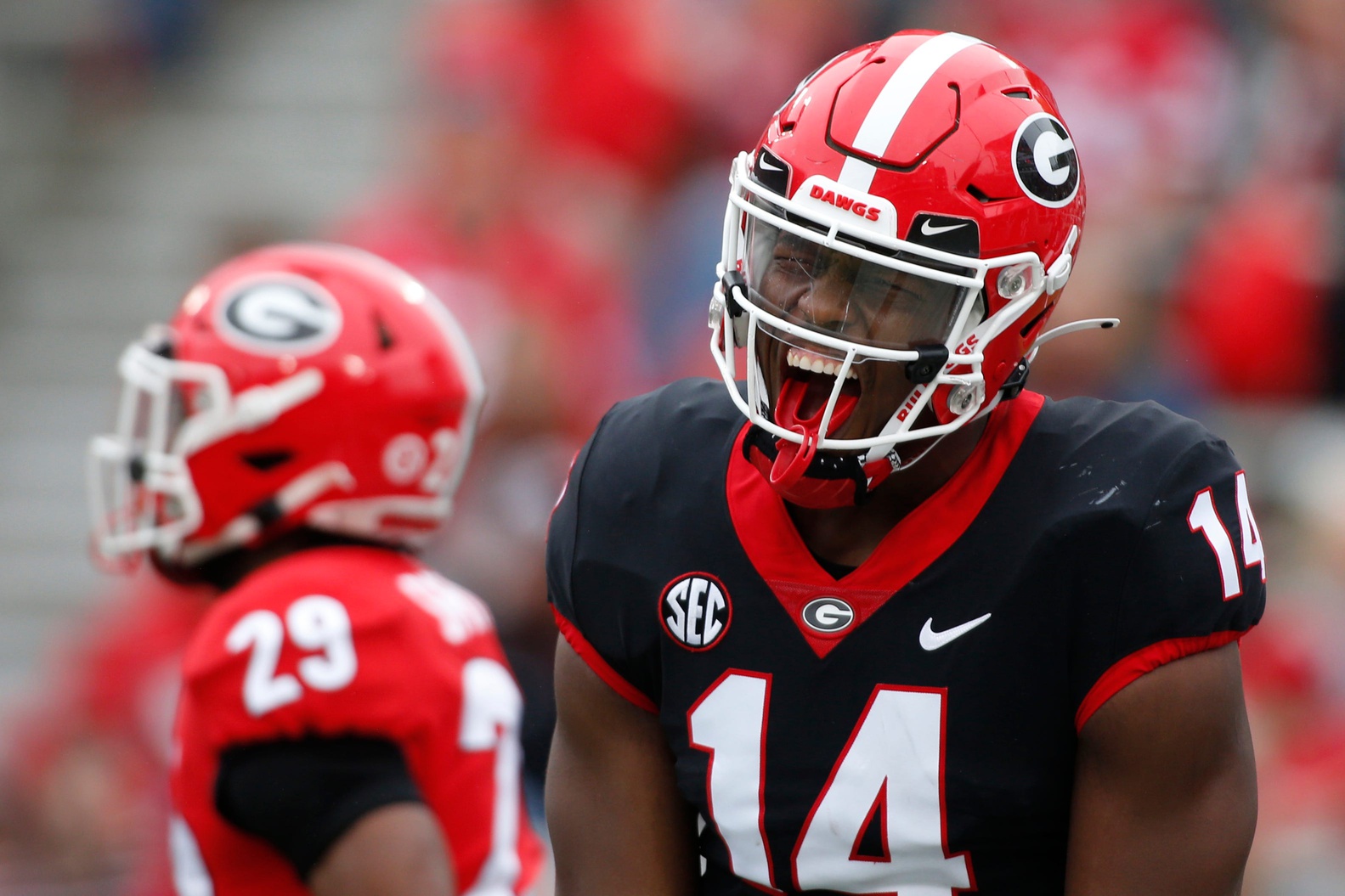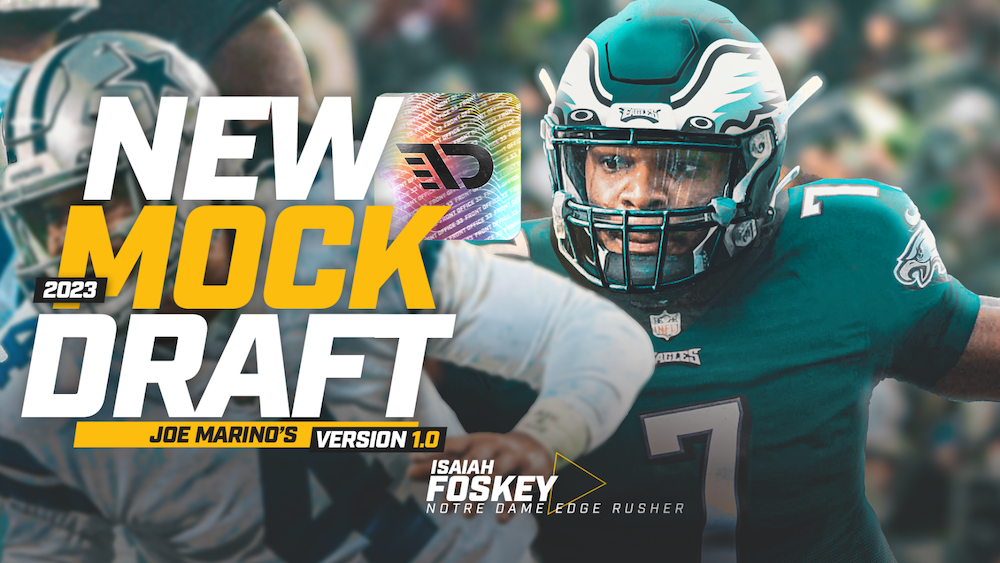TENNESSEE TITANS POST-DRAFT TEAM GUIDE
After reaching the AFC Championship Game just two seasons ago, the Titans have endured significant changes. Tennessee is now without 11 of the 22 starters from the 2019 season’s AFC Championship Game and both the offensive coordinator and defensive coordinator are elsewhere. General manager Jon Robinson whiffed on his attempt to craft a roster that could make another deep postseason run in 2020 and the Titans are scratching to remain among the AFC’s elite. The 2021 NFL Draft was a critical opportunity for Tennessee to replenish its roster and prove they are still a contender.
Let’s take a look back at the Titans’ 2021 NFL Draft class:
Round 1: Caleb Farley, CB, Virginia Tech
The Titans made sweeping changes to its cornerback depth chart this offseason and entered the draft with a critical need to find an impact starter after saying goodbye to both Adoree’ Jackson and Malcolm Butler this offseason. While there is risk associated with selected Farley due to his extensive injury history, he is a worthwhile swing—and in my view, one of the 10-best football players in this year’s draft. A converted wide receiver, Farley has every desired trait to become a shutdown cornerback in the NFL. He has tremendous length, speed, transitional quickness, size, and ball skills. Corners of his stature rarely are as fluid with such quick feet and the type of long speed that Farley brings to the table. Virginia Tech trusted Farley to defend one-third of the field and he shut it down despite teams continuously testing him in coverage. Farley is an elite talent and he could be a major steal should he prove able to stay healthy.
Round 2: Dillon Radunz, OT, North Dakota State
Another critical need that Tennessee had entering the draft was at right tackle, where Kendall Lamm was penciled in as the starter after Isaiah Wilson flopped as a 2020 first-round selection and Dennis Kelly was not retained. A 32-game starter for North Dakota State, Radunz has terrific foot speed and body control which enables him to stay square to blocks. He has sufficient length and functional strength to execute in the run game and compete in pass protection. The key for Radunz moving forward is to polish his hand technique and limit some of his tendency to overextend when he gets too aggressive. With some coaching and development, Radunz has the makings of an answer for Tennessee at right tackle.
Round 3: Monty Rice, LB, Georgia
Rice was selected a touch higher than I anticipated, but the pick made a lot of sense. Both off-ball starters Jayon Brown and Rashaan Evans are entering the final year of their contracts and it could be challenging for Tennessee to retain both next offseason. With Rice in the mix, it provides Tennessee with a developmental starter that can serve as a potential replacement for either Evans or Brown in 2022 while gaining a valuable season of experience in the system before being relied upon to play a larger role. Rice was lauded for his leadership and football character at Georgia, which should be helpful for a Titans defensive unit that lost its way in 2020 and limited the success of the team after reaching the AFC Championship Game in 2019.
Round 3: Elijah Molden, CB, Washington
I will never understand why the NFL continues to discriminate against slot corners. The game is played in sub and most teams have a slot corner on the field at least 60% of the time. Most slot corners play more than defensive linemen, yet corners labeled as “slot only” rarely get picked high in the draft. If there ever was a “slot only” corner that should have been the exception, it’s Molden, who has a chance to be a pillar of the Titans’ defense moving forward. He’s not the biggest or fastest but Molden can flat-out play. He has terrific ball skills, coverage anticipation, processing skills, and is an outstanding tackler. He should be able to claim an early role for Tennessee and provide outstanding returns on the modest draft investment the Titans made to acquire him.
Round 4: Dez Fitzpatrick, WR, Louisville
Since Lamar Jackson left after the 2017 season, Louisville hasn’t enjoyed consistent quarterback play, but every time I watched the Cardinals play, I came away thinking Fitzpatrick was a pro. He’s a smooth route-runner with reliable hands, good size, and excellent ball skills with outstanding body control. Inconsistent quarterback play limited Fitzpatricks production in college, but it would not surprise me to see Fitzpatrick develop into a top-three receiver for Tennessee. Fitzpatrick went a touch higher than I expected, but he should immediately offer the Titans a quality special teams contributor and command some targets in a thin wide receiver room that is currently under construction.
Round 4: Rashad Weaver, EDGE, Pittsburgh
Collecting 28.5 tackles for loss, 14 sacks, five forced fumbles, and six pass breakups over his last 23 games, Weaver racked up the splash plays at Pittsburgh. While he might not be the most dynamic pass rusher in terms of explosiveness or twitch, Weaver knows how to use his length, flatten, and finish. He rarely gets hung up on contact and I like how the Titans’ hybrid scheme can create favorable alignments and angles for him to attack the pocket to maximize his skill set. Tennessee flopped on several attempts to find pass-rushing help opposite of Harold Landry last season and between the free agent signing of Bud Dupree and selection of Weaver, Tennessee is hopeful to find an answer, especially with Landry entering a contract year.
Round 6: Racey McMath, WR, LSU
McMath won’t be confused as a polished route-runner with terrific hands and ball skills. With that said, he is an impressive blend of size and speed with a proven track record of special teams production. He has the makings of an outstanding gunner and vice while presenting a size/speed mismatch down the field for the occasional deep shot. Expectations for McMath as a receiving threat should be tempered, but there should be plenty of excitement about what he offers in the special teams department.
Round 6: Brady Breeze, DB, Oregon
Breeze was an inconsistent but flashy safety for Oregon, primarily as a subpackage option. His best performance came in the 2019 Rose Bowl where he was named MVP of the game after collecting 11 tackles, a forced fumble, and fumble recovery that he returned for a touchdown. He has modest functional athleticism but is a physical defender and outstanding tackler, which projects well to special teams. Breeze only started four games for his entire career at Oregon and has an extensive resume contributing on special teams, which will be his course to sticking in the NFL.
How Did The Titans Do?
Armed with eight total selections in the draft, Tennessee attacked needs with its first six picks. If he can stay healthy, Farley has the potential to become one of the NFL’s elite cornerbacks. Radunz is a safe bet to become a reliable starter at right tackle and Rice could be a starting linebacker in 2022. Molden’s skill set and football intelligence give him a chance to be a standout slot corner while Fitzpatrick and Weaver are developmental options at receiver and edge rusher where Tennessee is thin. The Titans’ last two picks, McMath and Breeze, are clear investments in the special teams department and both have a proven track record in college that should translate nicely to the NFL.
Overall, the Titans assembled a solid draft. Understanding the selections made, how they fit, and their path to a role is quite logical. Unless Farley simply can’t stay healthy, finding areas to criticize is a stretch.
Filed In
Related Articles
NFL Draft
Arik Gilbert Doesn’t Need Big Workload To Be A Top NFL Draft Pick
- Aug 22, 2022
NFL Draft
2023 NFL Mock Draft: Marino 1.0
- Aug 22, 2022
Written By
